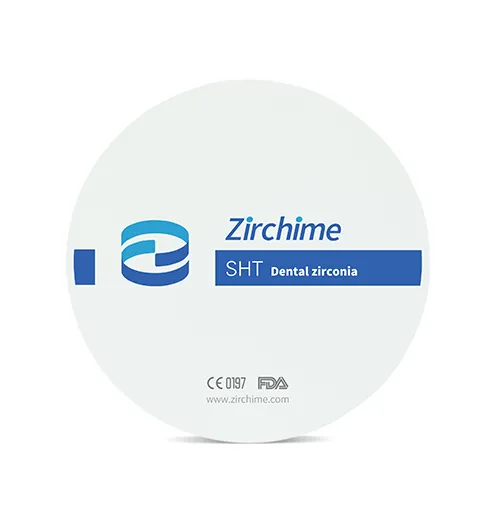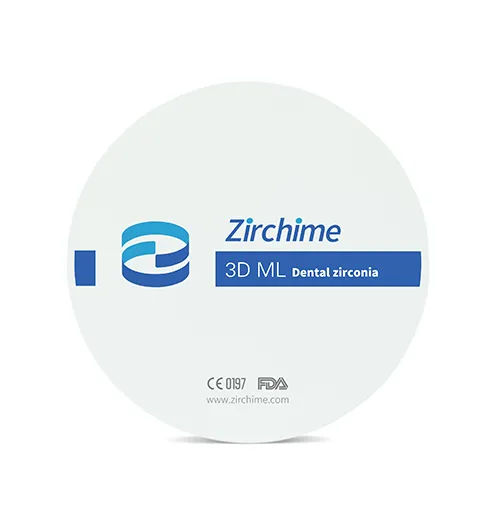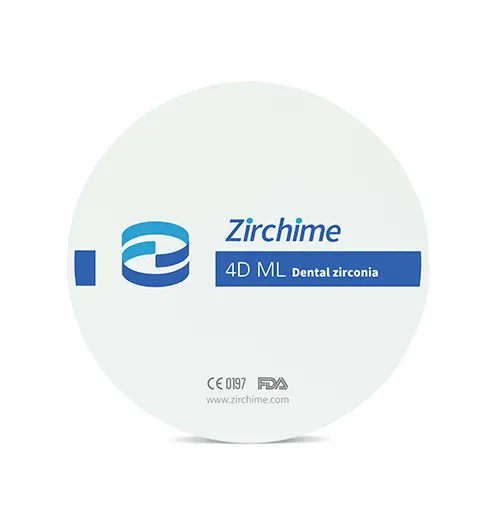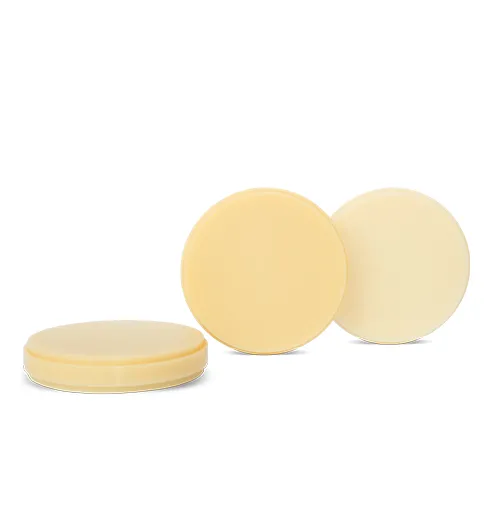polymethyl methacrylate in dentistry
Our company's polymethyl methacrylate in dentistry products also focus on using environmentally friendly, healthy and safe materials. The materials we select do not contain harmful substances and meet relevant environmental and health standards, ensuring that patients will not have any negative impact on their health when using our polymethyl methacrylate in dentistry products. This concept of focusing on environmental protection and health reflects our commitment to patient health and social responsibility.
zirchime polymethyl methacrylate in dentistry
Because the jawbone and gums change over time, adjustments may be necessary. Regular dental exams are essential to assess the fit of your polymethyl methacrylate in dentistry and ensure your oral health remains optimal. This proactive approach helps identify any problems early and address them promptly, ensuring your polymethyl methacrylate in dentistry are comfortable and effective.
FAQ
Q: What are the factors that affect the price of dentures? A: The price of dentures is affected by many factors, including material selection, manufacturing process, denture type, and individual oral health. The specific price needs to be negotiated with the dentist. Q: What are the advantages of dentures compared to other tooth restoration options? A: Dentures are less expensive than dental restoration options such as bridges or implants, and the treatment process is non-invasive, suitable for patients with different degrees of tooth loss. Q: Will dentures cause oral problems? A: Dentures will not cause oral problems if used in the right way and with the right care. Regular inspection and maintenance are key to maintaining oral health and the effectiveness of dentures. Q: What precautions should be taken when using dentures? A: When using dentures, avoid using hot water to clean them, check the fit and wear of the dentures regularly, and check your oral health regularly. Q: What are the latest technological developments in dentures? A: The latest dentures technology includes digital design and manufacturing, using CAD/CAM systems to precisely create dentures for improved fit and aesthetics.
Reviews
Lucas
The comprehensive support and quality of materials from your company have significantly benefited our dental practice.
Lily
Your PMMA products have excellent processing versatility, making our fabrication process smoother and faster.
Latest Inquiries
To protect the privacy of our buyers, only public service email domains like Gmail, Yahoo, and MSN will be displayed. Additionally, only a limited portion of the inquiry content will be shown.
anna.clark***@gmail.comUSA
What is the typical turnaround time for orders of PMMA products, such as custom trays or temporary b...
michael.green***@gmail.comUSA
Are your zirconia blocks compatible with CAD/CAM milling systems, and what is the milling accuracy?
 EN
EN ES
ES RU
RU PT
PT DE
DE TH
TH








